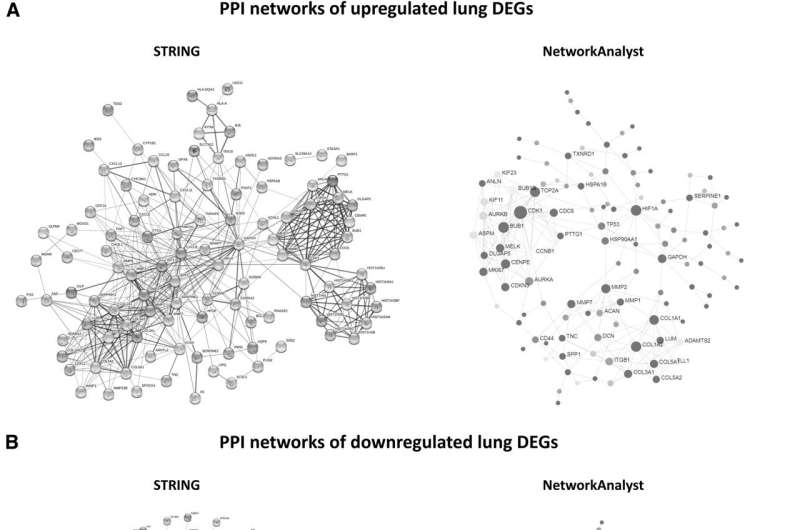
A systems biology approach to examine the effects of SARS-CoV-2 virus in lung and whole blood identified new COVID-19 genetic signatures that could represent potential therapeutic or diagnostic targets. This new study is published in OMICS: A Journal of Integrative Biology.
COVID-19 is a systemic disease affecting tissues and organs including and beyond the lung. “The blood is a good indicator of the overall host response as it carries the immune cells throughout the body,” state the study authors. “The combined study of the two tissues could unravel the complexity of the host response to SARS-CoV-2.”
Corresponding authors Prof. Vangelis Manolopoulos and Nikolas Dovrolis, Ph.D., from the Medical School of the Democritus University of Thrace, and coauthors in Alexandroupolis, Greece, used transcriptomics and analyses of differentially expressed genes in lung samples and whole blood samples from COVID-19 patients and healthy individuals.
They identified 35 differentially expressed genes common between lung and the whole blood, and importantly, two genes, namely CYP1B1 and TNFAIP6, that have not been previously implicated with COVID-19. They also discovered four miRNA potential regulators.
Source: Read Full Article
